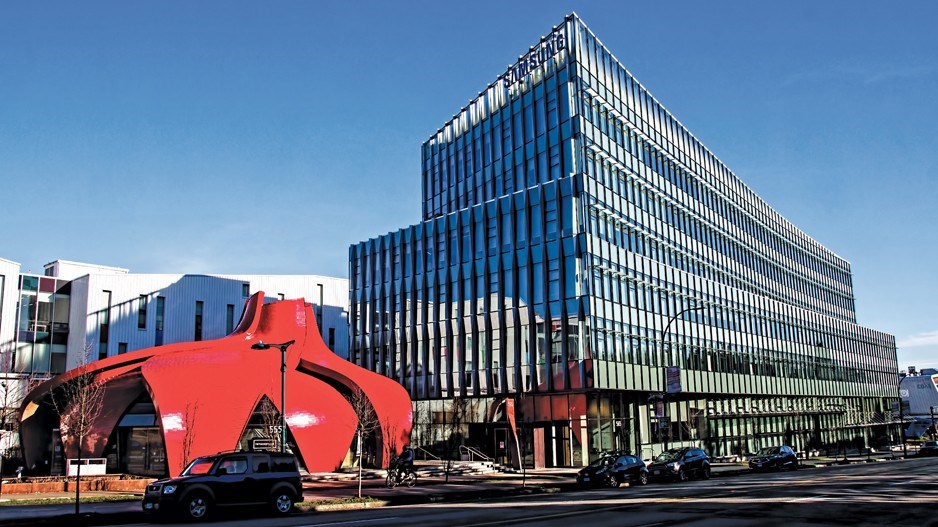The hunt for talent within B.C.’s tech sector has been on a tear this past year.
But representation within the sector hasn’t been moving at quite the same clip with a new study revealing diversity within some categories has dropped since 2020.
The percentage of tech workers who identify as visible minorities has dropped from 43.3% to 41% over the past year, according to data released Wednesday by Vancouver-based HR Tech Group.
And a peek into the C-suite reveals an even larger gap: 19% of executives identify as visible minorities compared with 24% a year earlier.
This comes at a time when demand for tech talent has been surging.
An October report from CBRE Group Inc. determined Vancouver is the third fastest-growing tech hub in North America after drawing 12,900 workers (+20.9%) over the past two years.
And Ilya Brotzky, CEO of VanHack Technologies Inc., told BIV in the spring a record number of companies have been tapping his recruitment firm’s services, with 18 jumping on board in a single week in March.
“It’s been crazy, we have never seen things as busy as they are now,” he said.
The HR Tech Group’s data does not indicate there are a fewer number of visible minorities working within the tech sector, but that they now make up a smaller percentage following a year of significant hiring.
Meanwhile, the industry appears to be making small gains in other categories, based on respondents’ answers.
Tech workers who identify as women now make up 33.2% of the sector compared with 31.9% a year ago.
Indigenous workers now account for 0.7% of the industry compared with 0.5% last year, and those who identify as LGBTQ+/two-spirit account for 8.3% of the industry vs. 8.2% last year.
And workers with disabilities make up 2.9% of the tech industry compared with 2.1% in 2020.
Stephanie Hollingshead, CEO of HR Tech Group, told BIV in an email she would caution people about looking for year-over-year trends in the data as the sample size increased significantly in 2021.
“Some companies are driven to launch EDI [equity, diversity and inclusion] programs because of external or board pressure but the vast majority are doing so because employees and leaders want to drive change in their organizations. News coverage on difficult events like George Floyd’s murder and the discovery of residential school graves in Canada has stirred people to learn about systemic racism and Indigenous experiences within Canada,” she said.
“I was not surprised to see the dramatic increase in the number of organizations measuring the diversity of their staff this year. With specific knowledge about under-representation in their workforces, they can now set specific targets.”
The province has also made efforts this year to push for more diversity within the tech sector.
The B.C. government, Mitacs and the Information and Communication Technology Council have earmarked a combined $29 million as part of a revamp to the province’s Innovator Skills Initiative (ISI).
The ISI’s goal is to find job placements for 3,000 people facing barriers entering the sector — such as women, Indigenous people, Black people and other under-represented groups — by giving companies access to $10,000 grants.
The ISI was previously geared to those pursuing four-year degrees, master’s degrees or PhDs, but it will now be opened up to those who might only have a certificate in a related field.
A May 2020 McKinsey & Co. report bolstered findings from 2015 regarding the financial success of businesses that are ethnically and gender diverse.
Companies with more than 30% female executives were 25% more likely to be more profitable than the national industry median, and ethnically diverse companies were 36% more likely to be profitable than the national industry median.




